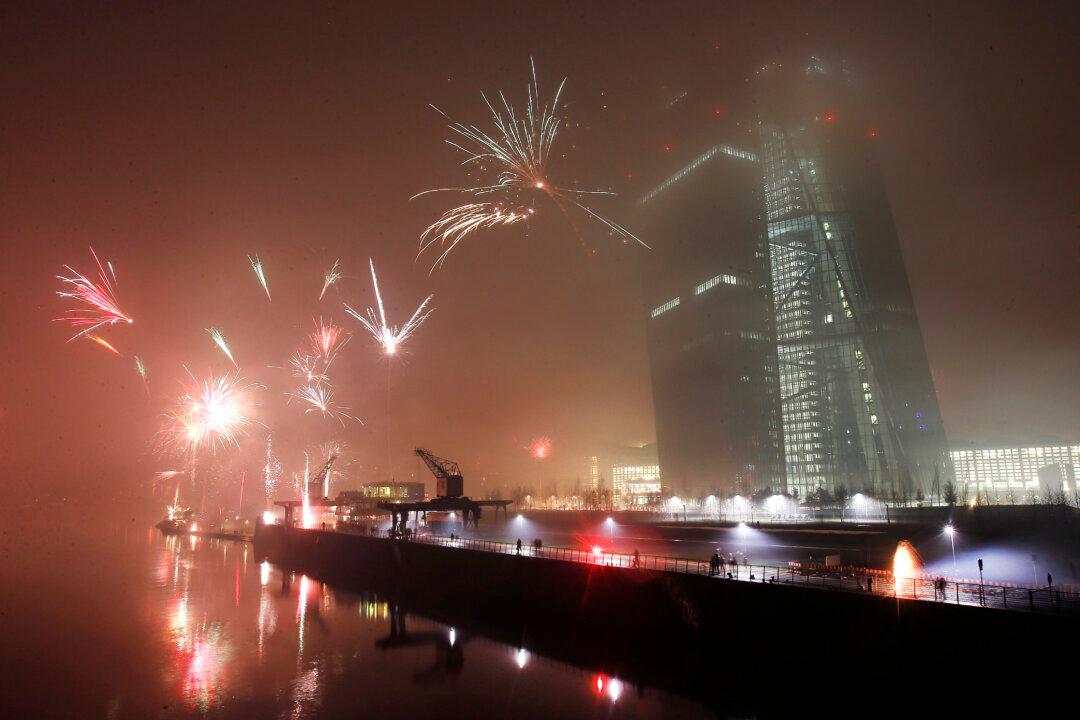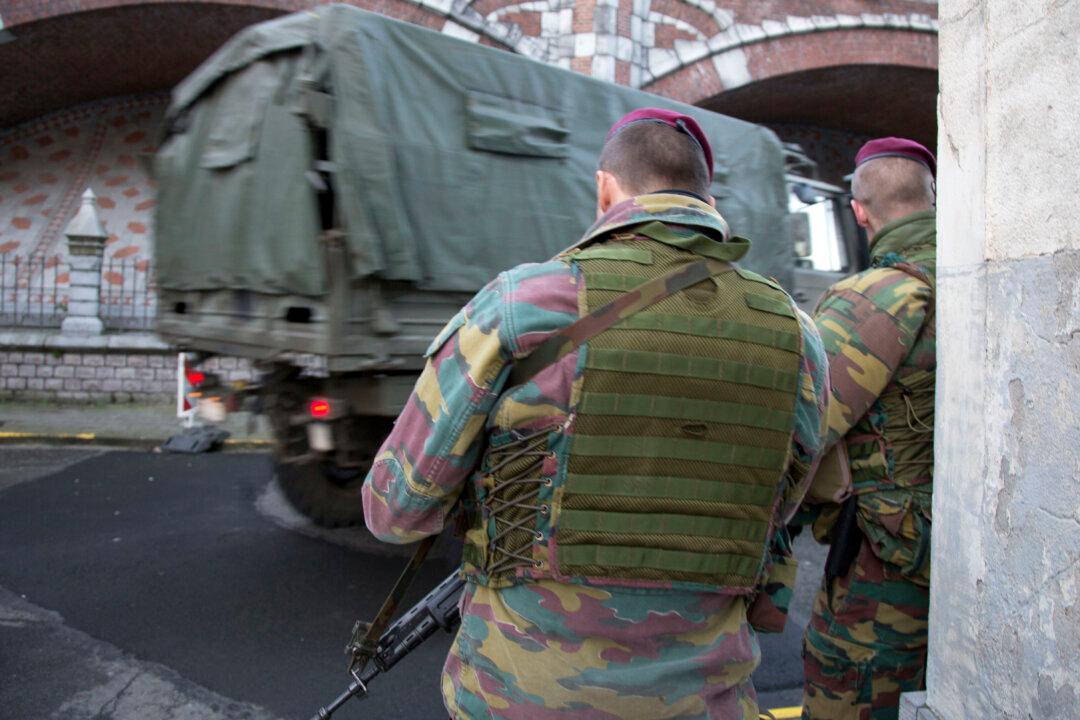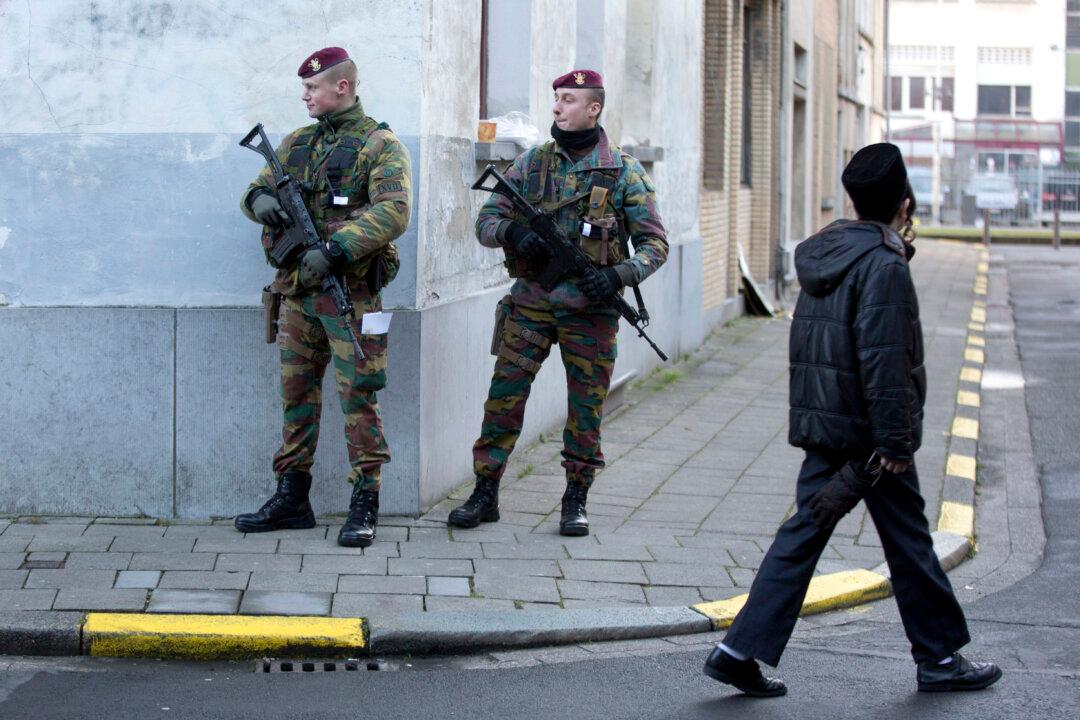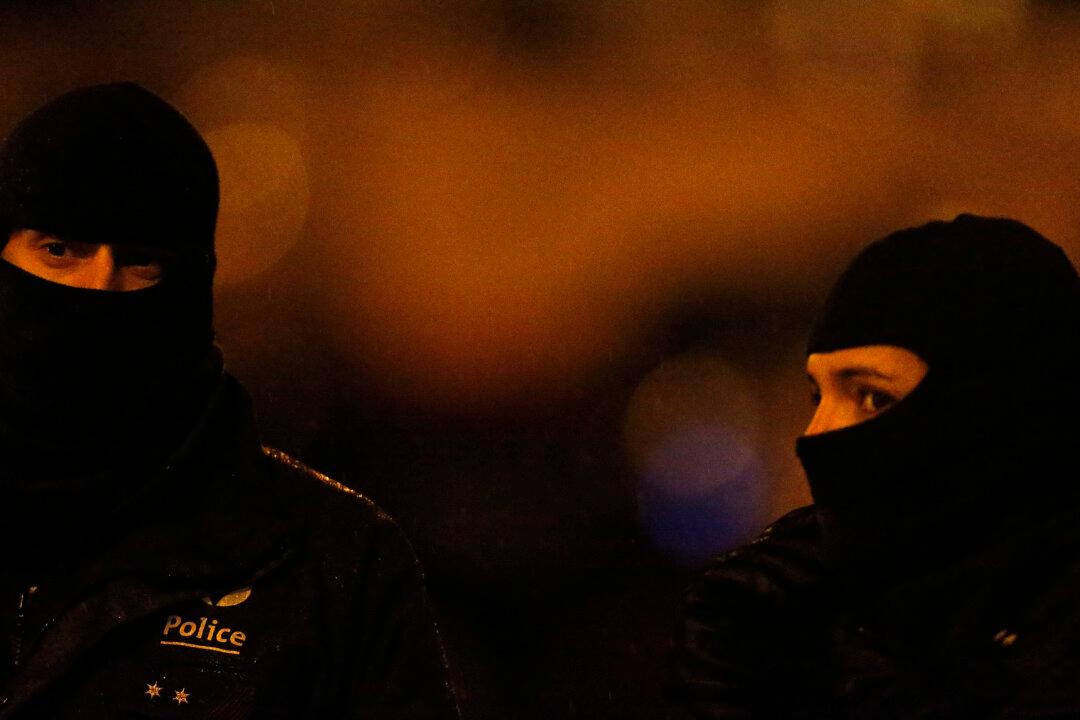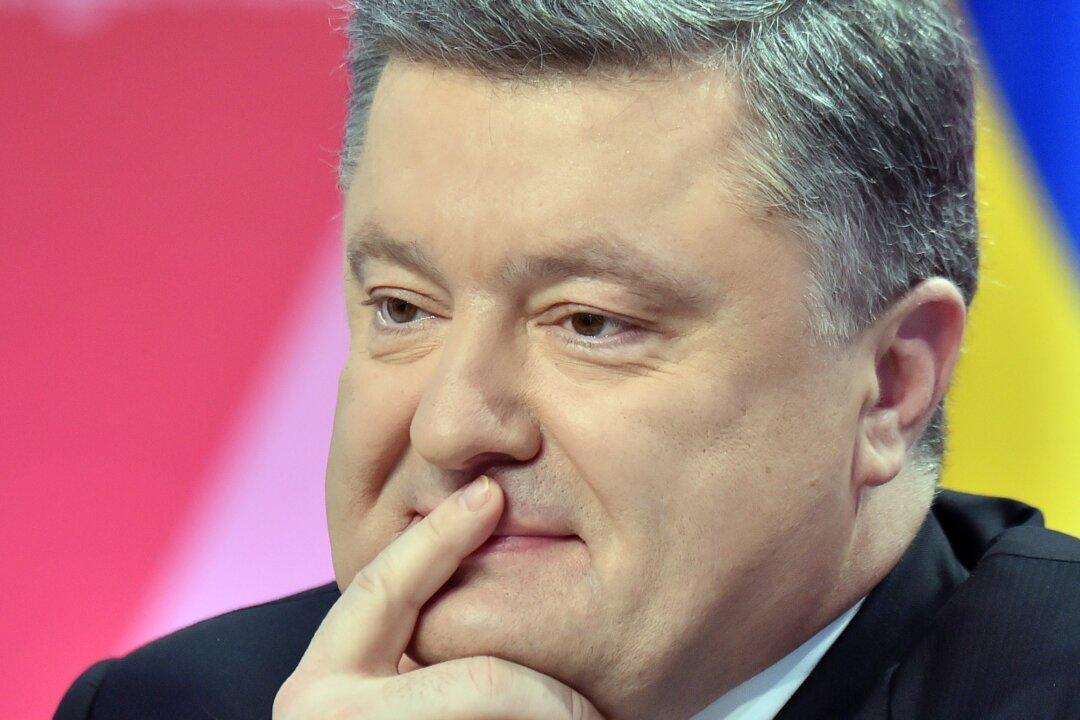BRUSSELS—Beset by critics and buffeted by economic woes, European Union chiefs might have been forgiven for thinking that at least Pope Francis would apply some balm for the New Year in his address to the EU parliament.
Not so. Even the pontiff spoke of a continent that was “elderly and haggard” facing a world which “regards it with aloofness, mistrust and even, at times, suspicion.”
Little wonder that many in Europe hope that 2015 is the year the fortunes of the 28-nation bloc bottom out and things finally look up again.
Certainly, the EU has the zest and energy brought by a new team, headed by the no-nonsense Donald Tusk, once an activist in the Solidarity movement before becoming democratic Poland’s longest-serving prime minister. He is expected to add visibility to the EU presidency as he takes over from the colorless Herman Van Rompuy.
The new president of the EU’s executive, Jean-Claude Junker, replaces the long-serving Jose Manuel Barroso. Junker, a former Luxembourg prime minister, says his “last chance Commission” needs to streamline bureaucracy to connect with its half billion citizens.
But the best-laid schemes were already starting to unravel with the approach of the new year.
Two weeks ago, Greek Prime Minister Antonis Samaras promised that Greece would not “gamble” with its recovery from financial crisis. Now the country at the heart of the EU’s economic woes has done exactly that. On Monday, parliament failed to approve a new president, forcing the government to call early elections for Jan. 25 — a poll that could re-ignite Europe’s sovereign debt crisis.
An election that may bring to power leftists opposed to Greece’s harsh bailout conditions could dampen the enthusiasm generated by a December EU summit that created a strategic investment fund to kick-start the EU’s sluggish economies and generate job growth.
Instead of plotting a bright future, the EU could soon be plodding through one crisis after another again.
Yet in a sense, it has always been this way.
“Europe doesn’t move in giant leaps. It moves forward, muddling through,” said Hendrik Vos, the University of Ghent’s EU expert.
A few years ago, Greece was in such deep financial trouble that many feared it would be kicked out of the club of countries that use the euro currency. The crisis spawned the memorable term “Grexit.” But Vos believes the EU is no more likely to take the radical step of kicking Greece out in 2015 than it was at the height of the crisis in 2012.
In fact, the eurozone gained a new member Thursday as Lithuania became the 19th European nation to use the common euro currency.
This year “Brexit” might be a key phrase. Britain, which still uses its own currency, has always been an uneasy partner within the EU but now the Eurosceptic UKIP party is soaring in popularity. That is pushing British Prime Minister David Cameron into a more anti-EU, anti-immigrant stance ahead of Britain’s national election in May. In order to retain power, Cameron’s Conservatives may be tempted to harden their pledge to hold a referendum on pulling out of the EU in 2017.
Since Britain has stayed out of the euro currency, cutting it free might be a less tricky option than kicking Greece out of the euro. But to lose such a huge economy, home to London, one of the world’s great financial centers, would be a devastating blow to EU prosperity and prestige.
Still, former German Foreign Minister Joschka Fischer said that Britain appeared to be “moving steadily and with apparent determination ever closer” to a Brexit.
Despite their differences, many Europeans realize a united front can be useful, especially when facing a formidable foe such as Russian President Vladimir Putin — whose annexation of Crimea from Ukraine last year has brought a new Cold War with the West.
Yet consensus is hard to come by these days.
Within the EU, one camp argues for an icy shoulder toward Moscow for its actions regarding Ukraine while others seek some openness to make progress.
“It remains difficult to find one voice,” Vos said. “And I fear it will be the same in 2015.”
From The Associated Press
